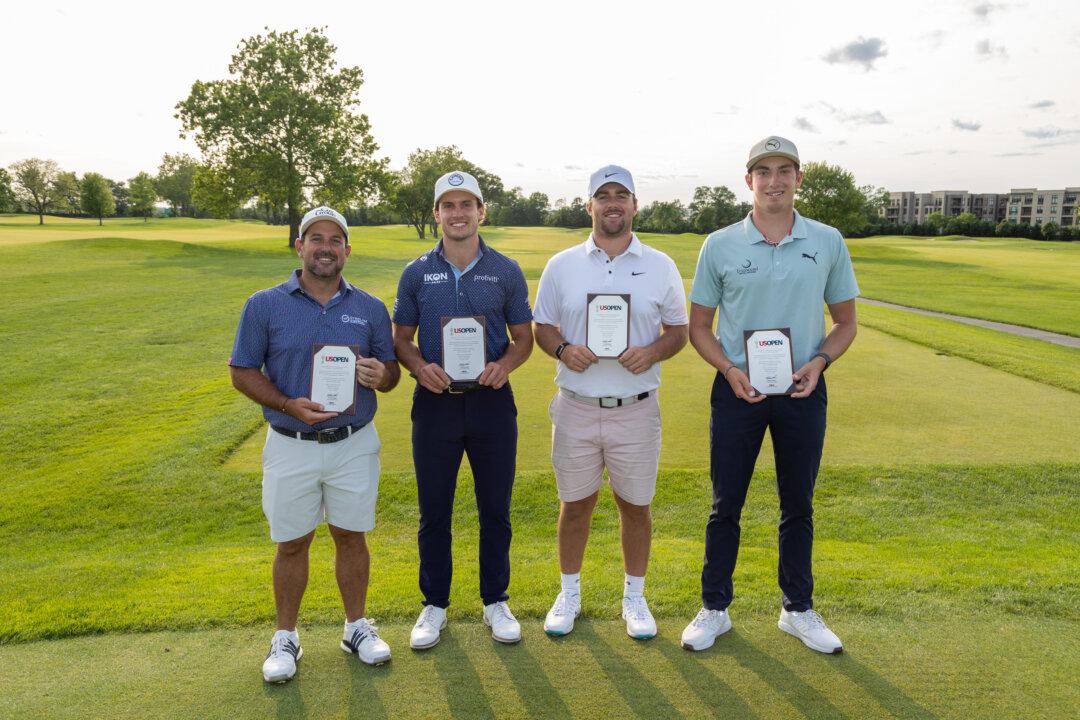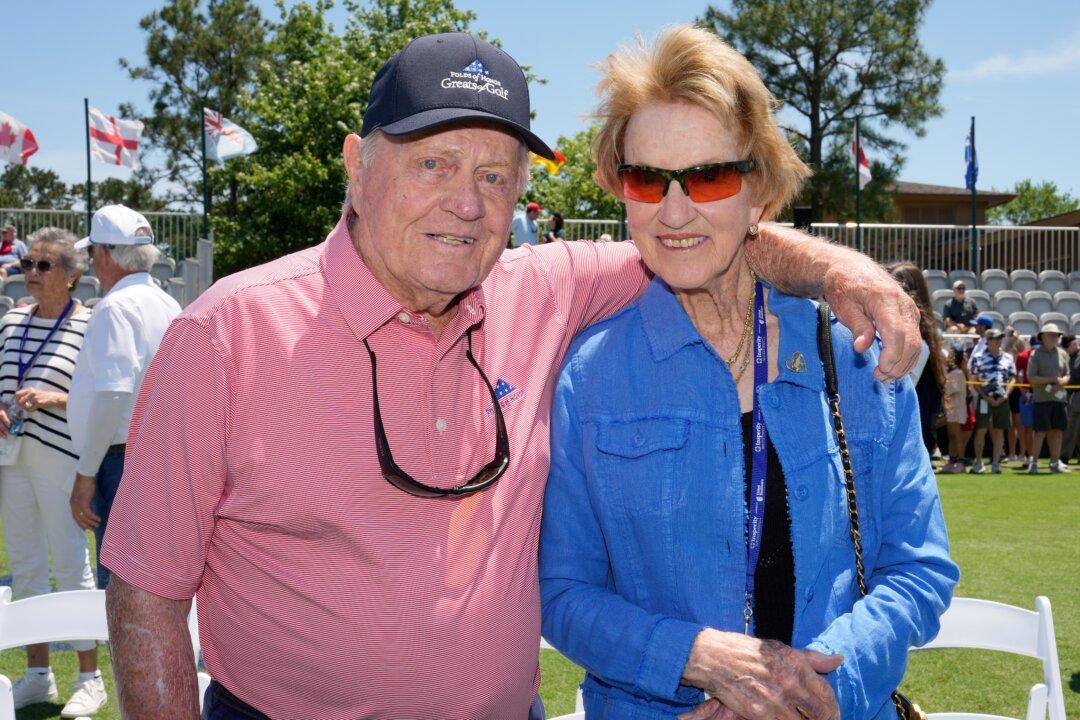With the American loss of The Ryder Cup Matches this year at Gleneagles in Scotland there’s been all sorts of recriminations and blame game. Much of the focus has been pointed in the direction of team captain Tom Watson and there have been calls to bring back Paul Azinger—the successful captain for the 2008 USA squad at Valhalla.
Contemporary golf fans have likely heard of Larry Nelson—winner of three majors and 10 PGA Tour tourneys. Nelson blazed a trail that’s both inspiring and a testament to overall persistence. He served America in the Vietnam War—no deferments like others did—and the memories of comrades dying on the battlefield left an indelible impression on him. Baseball was his first sports passion and Nelson excelled at it, but the golf bug took hold at the ripe old age of 21—the first time he had picked up a club. His source of inspiration? Reading the classic Ben Hogan book, “Five Lessons: The Modern Fundamentals of Golf.”
Nelson joined the PGA Tour in 1973 after going through Q-school (qualifying tournaments) on the first attempt at age 27. By 1979 he earned his first Ryder Cup selection. His record in his initial appearance was beyond awesome. Nelson won all five matches played—unprecedented to this day—including a singles victory over Seve Ballesteros. In total, Nelson would play on two more Ryder Cup teams compiling a 9–3–1 record—one of the best winning percentages for a player with a minimum of 10 matches. In the 1980s only three other players—Jack Nicklaus, Tom Watson, and Ballesteros—would win more majors.
After his final PGA Tour win in 1988 Nelson would continue his success on The Champions Tour winning 19 times and winning Player of the Year in 2000.
Amazingly, the PGA has consistently snubbed a Ryder Cup captaincy for Nelson—although the brain trust of the PGA tried to placate critics in awarding him the Distinguished Service Award (aka DSA) in 2011. Ask yourself this, if someone can win the DSA, how does one not get selected as captain when others less deserving have been named to lead the American squad? Four other players have won the DSA and captained the American squad (Nicklaus, Billy Casper, Jack Burke Jr., and Dave Stockton) and the Nelson omission is illuminating. Was the brass at PGA headquarters in Palm Beach Gardens looking for a way to smooth their own ignorance for such a past oversight?
No less than Tom Watson said that if there were one Ryder Cup match left to play and he needed a win, he would choose Nelson.
After Watson’s captaincy in 1993, those who have skippered the USA since have included in order: Lanny Wadkins, Tom Kite, Ben Crenshaw, Curtis Strange, Hal Sutton, Tom Lehman, Paul Azinger, Corey Pavin, Davis Love III, and Watson returning this year. Of the aforementioned players, only Watson has more individual majors won and no player has a better winning Ryder Cup playing record than Nelson.
The total Nelson record is far better than a number of them on a host of fronts.
When Nelson won the 1983 U.S. Open, he trailed by seven shots after 36 holes. Nelson finished 65–67 at storied Oakmont. His final 36-hole total of 132 remains the lowest total for the final 36 holes by no less than three stokes.
Having turned 67 this September a Nelson captaincy is all but dead. When the PGA opted to go with an encore performance with the 65-year-old Watson it was touted that Watson was the last captain to have won on European soil and that Watson’s star power would motivate players to get the Ryder Cup back in the States. That, clearly, did not happen.
Before Watson was chosen, the PGA of America had followed a failed formula in selecting captains in their late 40s—keeping them relatively contemporary of existing players. The record since Watson’s success in 1993 is 2 wins and 7 defeats. Clearly, the viability of the game plan is not working.
Nelson is a self-effacing man of faith. He doesn’t ratchet up the noise meter—not his way. A classy dignified tough-as-nails competitor, the Nelson storyline is one the PGA of America should have embraced years ago.
There’s little question that sometimes too much analysis is made after defeats. The decision by the PGA of America to create a task force is really not needed. Clearly the PGA leadership believed “doing something” is a way to show urgency. The sad reality is that the American process has always been done with little regard to the long term—something the Europeans have clearly decided is the way to go and they have shown the results with such a consistent approach.
All of the post mortems following this year’s Ryder Cup Matches have been a statement on how not to do things. No matter who is chosen captain, the end result remains the same—the players picked need to make critical shots and drop putts at key moments. That has not happened for quite some time. The players also need to come out of their respective “diva” moments and realize that the event is a team encounter—and they need to blend in to what the team needs. The captain needs to supply the right motivations for each member—showing a bond but also indicating that the buck stops with them when final decisions are made.
It’s likely Nelson’s name will once again be forgotten. Larry served his country with honor on the battlefield and made his way up the Mount Everest competitive golf mountain to stand with the best in the game. Nelson understood the nature of competition—and won on the course where merit is the only determinant. A Nelson captaincy would have been a final crowning achievement. True justice would say such a wrong needs to be righted. Sadly, like the game of golf, all things in life are not fair. A pity.
M. James Ward, a member of Golf Writer’s Association of America (GWAA) and past member of Met Golf Writer’s Association (MGWA), has reported on golf’s grandest events since 1980 in a variety of forums.





